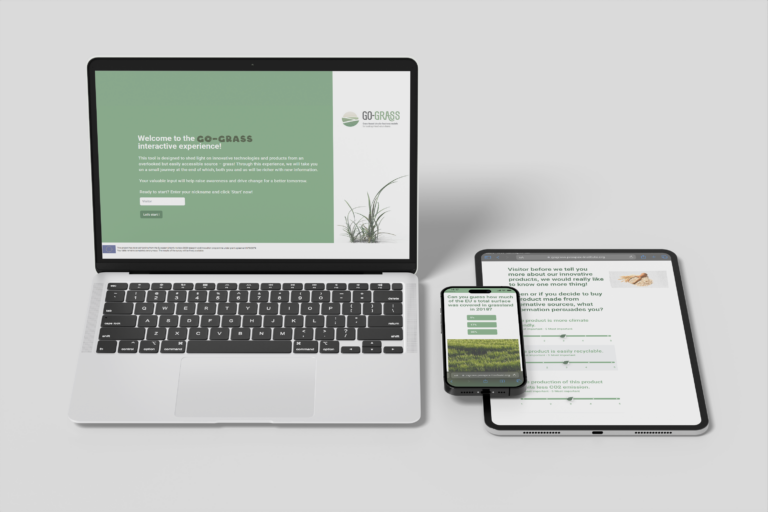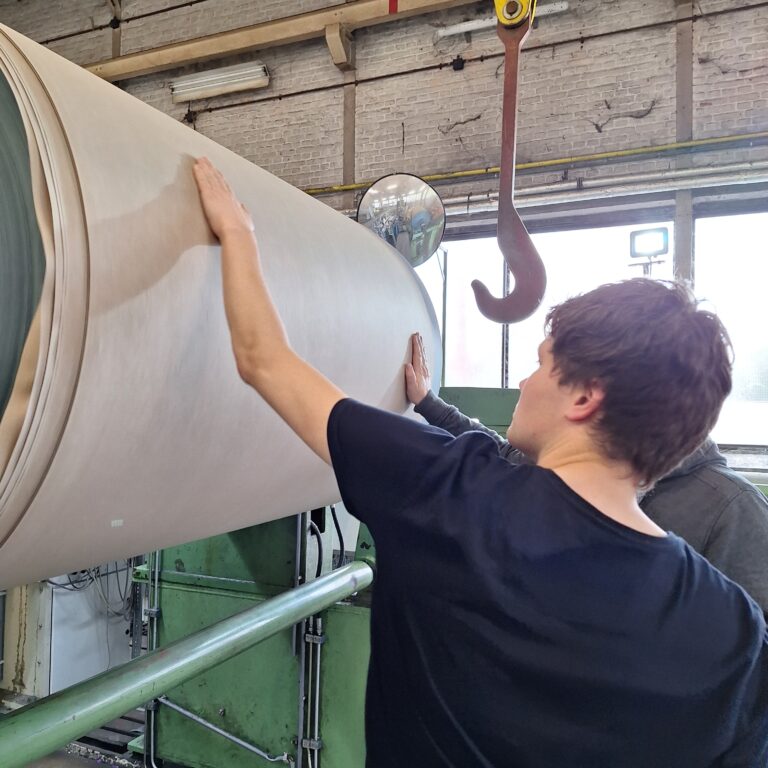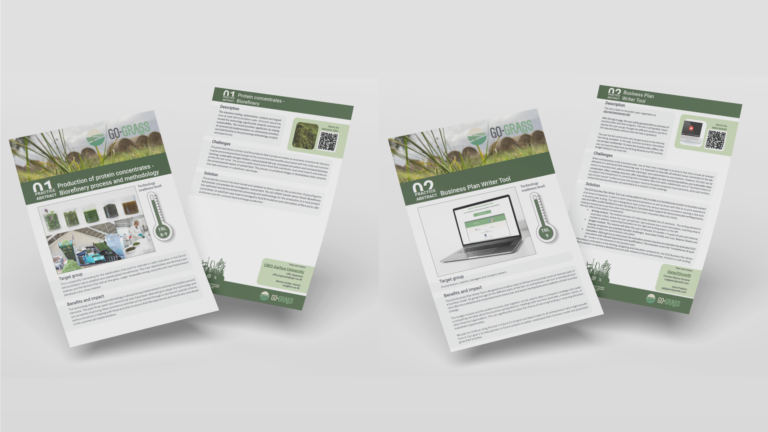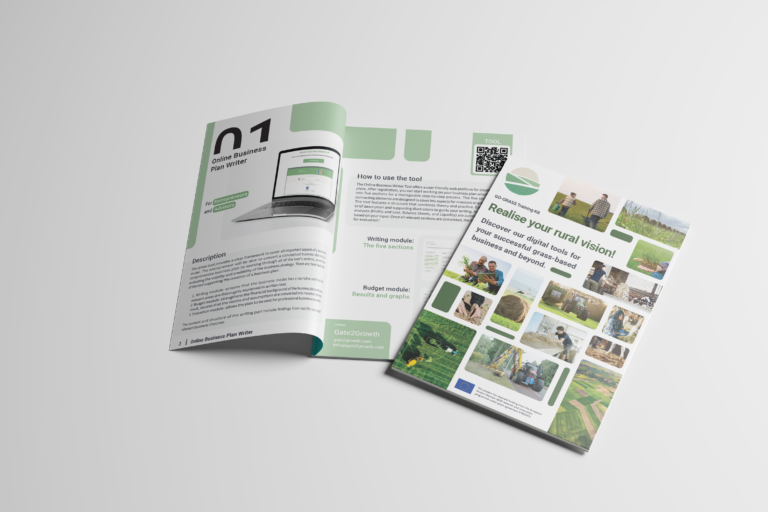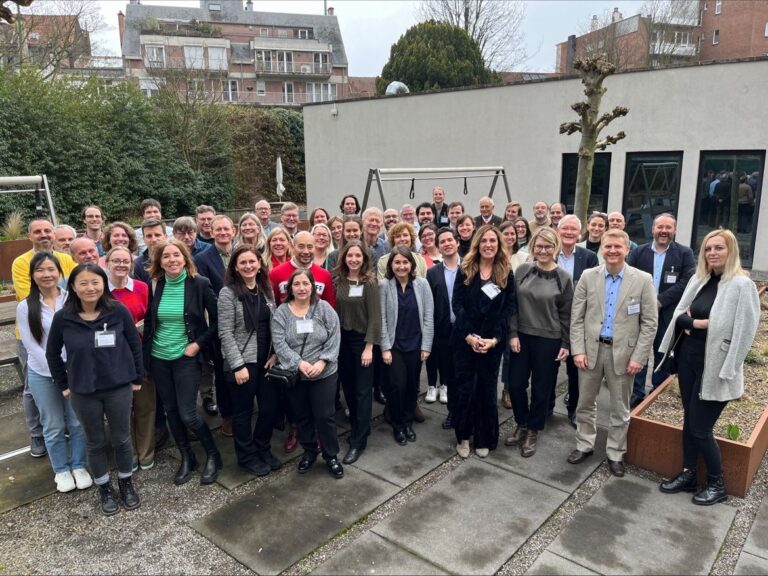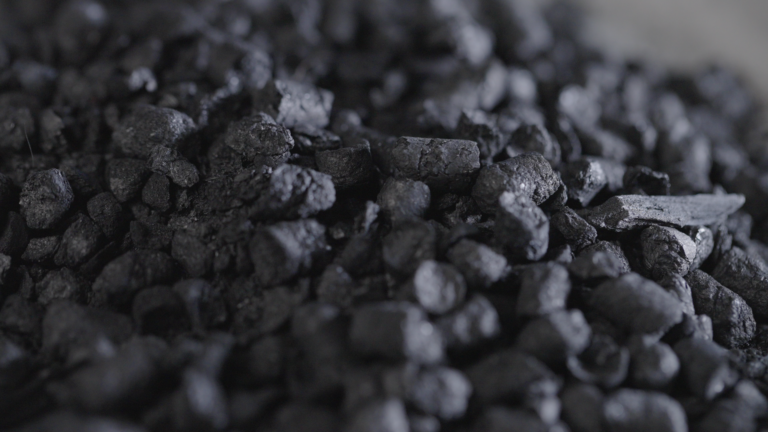How to valorise grass into sustainable business models for rural communities? To address this challenge, GO-GRASS is investigating how the availability and quality of grass, the technology and process development, and the legal frameworks are influencing rural business environments.
Grassland is an important type of land use due to its large surface and the large number of ecosystem services it provides, such as carbon sequestration while enhancing biodiversity and protecting water. From 2009 to 2018, the percentage of permanent grassland compared to total area increased by 3% in the EU. This can be a consequence of the 5% maintenance of the permanent grassland promoted by the Greening of the Common Agricultural Policy (only CAP’s Measure 16 covers the promotion of valued products from grasslands). Read more here on the GO-GRASS Report: “Definition of regulatory and social context linked to different grassland uses” (2020). This report highlighted three recommendations that can be deployed to support bioeconomy and grass-based business models:
1- Strengthen knowledge transfer systems including demonstration fields and extension services that allow farmers to understand the new products delivered from grasslands
2- Promote the establishment of farmers cooperatives, and adequate management through the development of operational groups connected to the EIP-Agri Platform
3- Support conversion of arable land into grassland to preserve the environment and to foster the delivery of resources for biorefineries that can produce feed, food, materials, and bioenergy
To foster knowledge transfer, GO-GRASS is developing online business models writing and assessment tools for rural entrepreneurs and advisors, and training activities at local level.
The online business plan writer developed by Gate2Growth provides templates for writing inspiration, a comprehensive evaluation and tailored-made advice. It gives an indication for the entrepreneurs of the level of completeness of their business plans and their investor-readiness, as it is structured around the 25 elements that should be addressed in a comprehensive business plan.
GO-GRASS preliminary results can help to design adequate policies that promote permanent grasslands and bioeconomy at field level. In March 2021, GO-GRASS produced a first set of practice abstracts summarising the project’s key findings and good practices for the development of innovative and replicable grass-based business models. These practice abstracts cover the activities of the four GO-GRASS demonstration sites located in Denmark, Germany, Sweden, and the Netherlands.
Discover the four factsheets based on these practice abstracts:
- Practice abstract: Swedish Demo. The Swedish DEMO is using briquetting technology combined with shredding technology to produce animal bedding using reed canary grass.
- Practice abstract: Dutch Demo. The Dutch DEMO aims to develop digester and fermentation technology to produce paper products from roadside and nature park grass.
- Practice abstract: German Demo. The German DEMO targets biochar via pyrolysis of grassland-cuttings from wetlands as supplement for soil improvement.
- Practice abstract: Danish Demo. The Danish DEMO aims to develop small-scale bio-refining technology to extract protein concentrates for monogastric animals from grasslands.
These four Abstracts are available on the EIP-Agri platform, which is facilitating contacts between farmers and advisors and helping to share information in the EU agricultural knowledge and innovation systems (more: GO-GRASS on the EIP-Agri platform).
